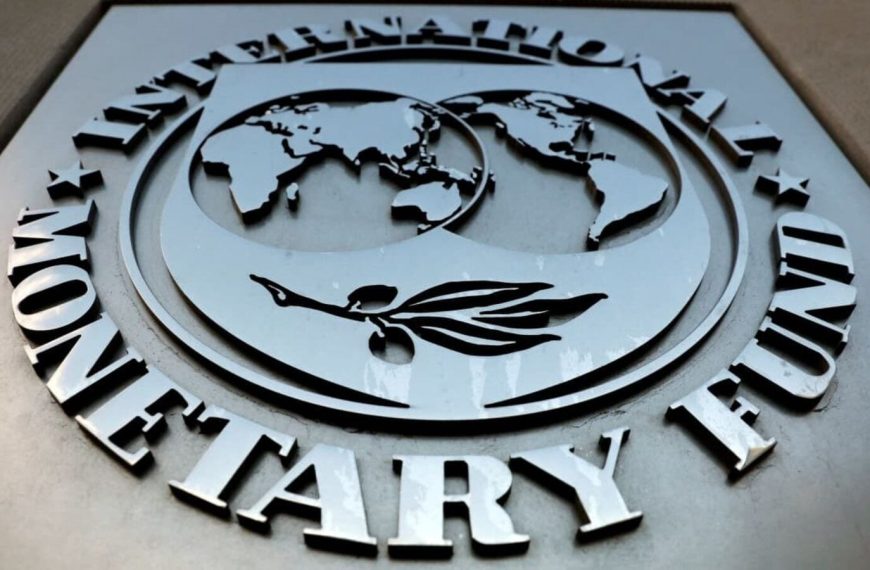On Wednesday, Moody’s Ratings issued a stark warning about the implications of U.S. tariffs, suggesting that they could significantly weaken credit conditions and elevate the risk of defaults, particularly among low-rated and speculative-grade corporations. The unpredictable nature of U.S. trade policy is anticipated to negatively impact global credit conditions, potentially leading to a slowdown in economic growth and increasing the likelihood of a recession.
Impact of Tariffs on Corporate Credit Conditions
Moody’s emphasized that non-financial corporate sectors are particularly vulnerable to the effects of tariffs. Companies with lower credit ratings that heavily rely on debt markets will face heightened risks. While the effects on banks and sovereign entities may be indirect, they are still linked to the broader economic weaknesses triggered by these tariffs.
- Low-rated companies are especially at risk.
- Debt market reliance increases vulnerability.
- Banks face indirect risks through economic downturns.
Recent Developments in U.S. Tariff Policy
As of April 9, the U.S. government initiated a 90-day suspension of most reciprocal tariffs, reverting to a standard rate of 10% on nearly all targeted nations. In contrast, tariffs on goods from China surged to 145%, with an additional hike to 245% announced on April 16. This escalation in tariffs has sent shockwaves through financial markets, raising concerns about a potential global recession.
Moody’s stated, “The uncertainty surrounding tariffs will hinder business planning, delay investments, and negatively affect consumer confidence.” Even though the temporary pause provides companies with a window to adapt their operations and sourcing strategies, the lack of clarity post-90 days poses significant challenges.
Deteriorating Credit Conditions and Economic Growth
According to Moody’s, credit conditions have worsened considerably over the past month. Their projections indicate that default rates will likely exceed earlier estimates, as businesses grapple with increased operational costs, limited funding options, and ongoing uncertainty.
- Projected U.S. growth may drop by at least one percentage point.
- Higher prices will impact consumers and businesses alike.
- Households may see a reduction in purchasing power due to tariffs.
Challenges for China Amid Trade Tensions
Moody’s also highlighted that China’s export sector is facing daunting challenges due to escalating trade tensions with the U.S. and a slowing global economy. Even if the current trade conflict de-escalates, relations between the U.S. and China are expected to remain fraught, which could dampen business and consumer sentiment. This could jeopardize the Chinese government’s initiatives aimed at stimulating consumption and supporting the private sector.
- Domestic issues, including weak consumer sentiment, may hinder government support.
- Without intervention, China’s growth could fall below 4% this year.
In summary, the ripple effects of U.S. tariff policies are likely to have profound implications for both American and global economies. The persistent uncertainty in trade relations poses a significant challenge that businesses and consumers must navigate in the coming months.










